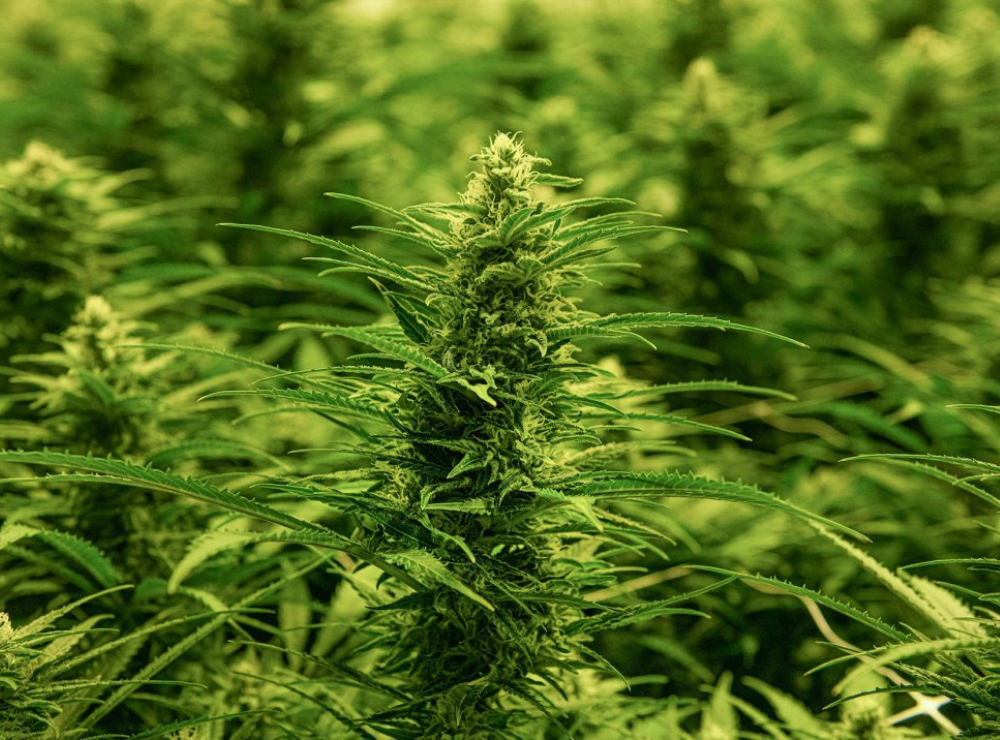Here are some key points about marijuana:
1. Cannabinoids: Marijuana contains over 100 different cannabinoids, with the two most well-known being tetrahydrocannabinol (THC) and cannabidiol (CBD). THC is responsible for the psychoactive effects of marijuana, while CBD is non-psychoactive and is associated with potential therapeutic benefits.
2. Medicinal Use: Marijuana has been used for its potential medicinal properties, including pain relief, nausea and vomiting reduction, appetite stimulation (useful for cancer patients undergoing chemotherapy), and management of certain medical conditions, such as epilepsy.
3. Recreational Use: In some regions and countries, marijuana is legalized for recreational use. This means that adults can use it for non-medical purposes, often subject to regulations and restrictions.
4. Legal Status: The legal status of marijuana varies widely around the world and within the United States. Some countries and U.S. states have legalized marijuana for both medical and recreational use, while others maintain strict prohibitions.
5. Consumption Methods: Marijuana can be consumed in various ways, including smoking, vaporization, edibles (such as cannabis-infused cookies or candies), tinctures, and topical creams.
6. Health Risks: While some individuals use marijuana responsibly and without adverse effects, it is not without risks. Overuse or misuse can lead to impaired cognitive function, addiction, and mental health issues, especially in individuals with a predisposition to such conditions.
7. Legalization and Regulation: The legalization of marijuana in some areas has led to regulation by governments to ensure product safety, quality control, and taxation. This approach aims to reduce black market activity and generate revenue for public services.
8. Hemp: Hemp is a variety of cannabis that contains minimal levels of THC and is used for industrial purposes, including the production of textiles, paper, food products, and CBD oil.
9. Research: Ongoing research into the potential medical benefits and risks of marijuana is essential for understanding its full range of effects. Some studies suggest potential therapeutic uses, while others highlight potential risks, especially in vulnerable populations.
10. Responsible Use: Like with alcohol and other substances, responsible use of marijuana, if legally permitted, is essential to minimize potential harm. This includes using it in moderation and being aware of its effects on one's physical and mental well-being.
It's important to note that the legal and cultural attitudes toward marijuana can vary widely, so individuals should be aware of the laws and regulations in their specific location. Furthermore, individuals should consult with healthcare professionals when considering marijuana use for medicinal purposes and be aware of the potential risks associated with its use.

















